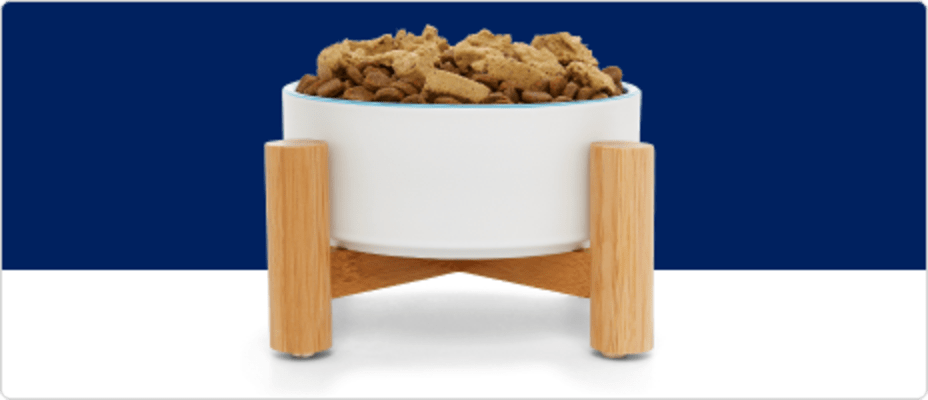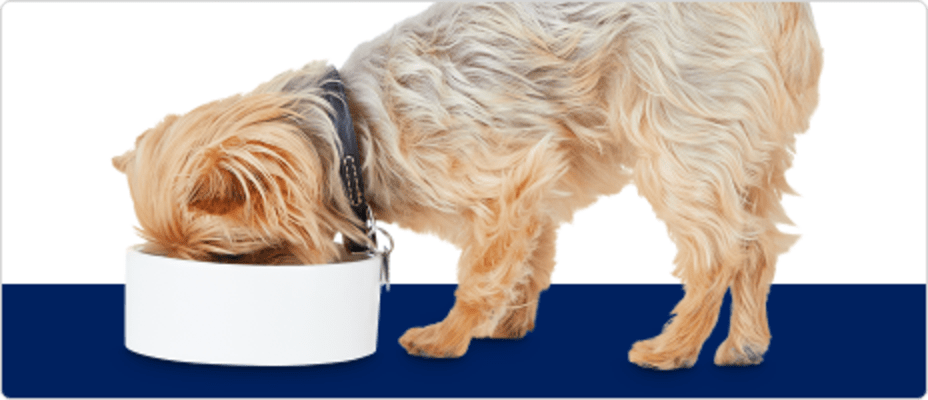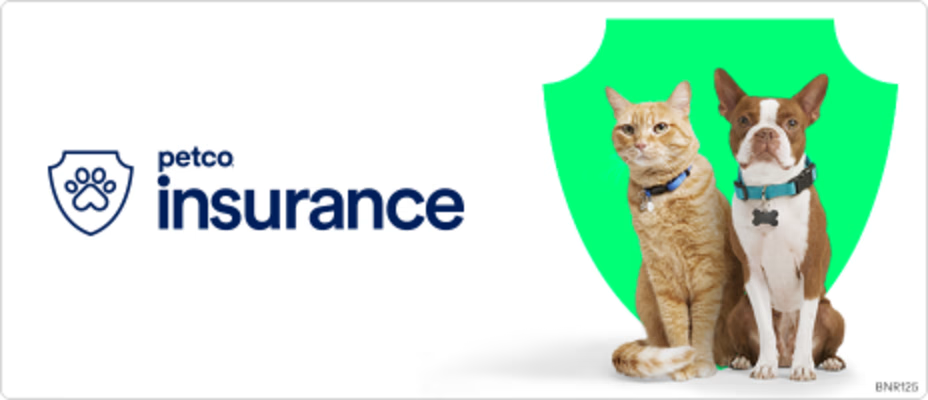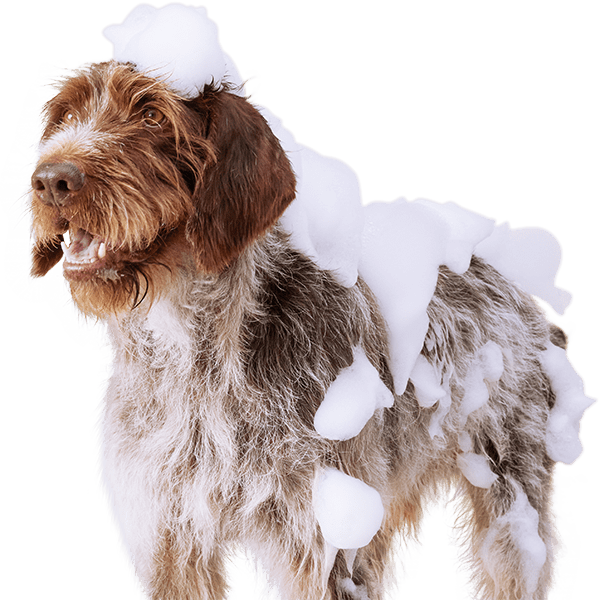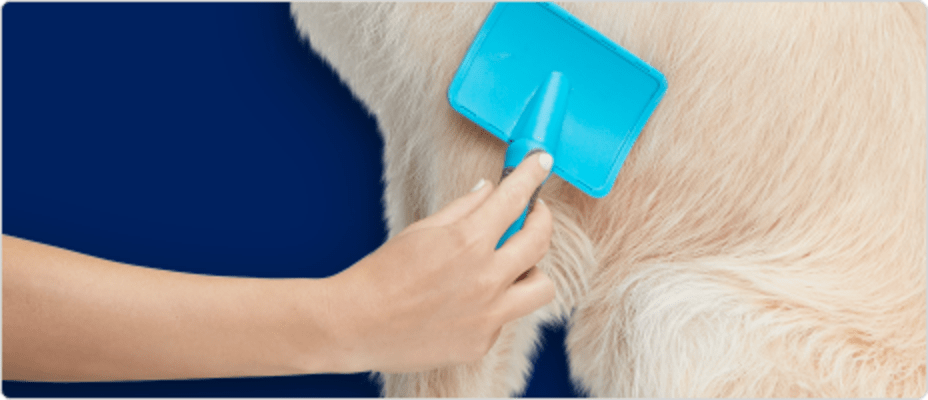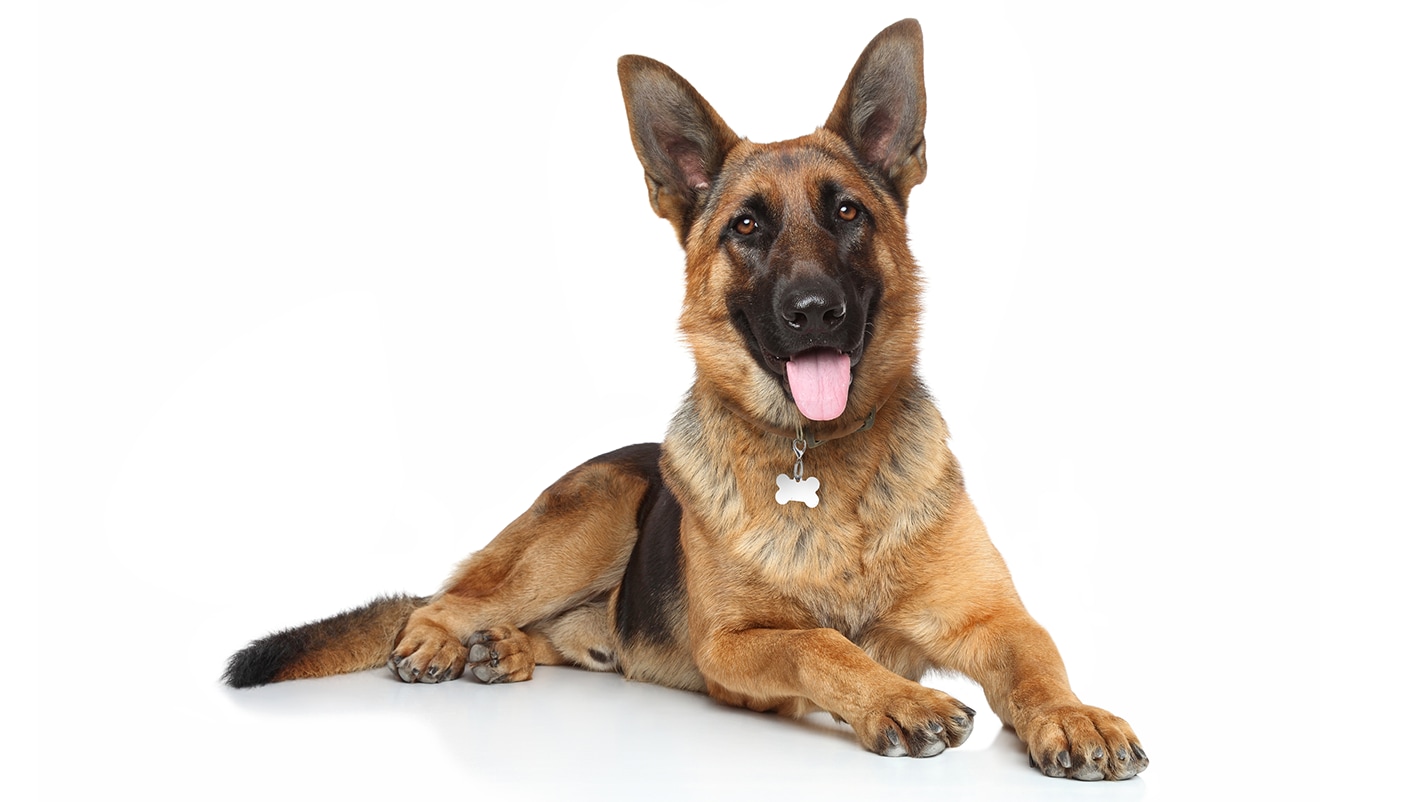
German Shepherd
German Shepherds have a reputation for loyalty and hard work. They are often enlisted by law enforcement, but they can also make wonderful pets. As confident as they are gentle, a German Shepherd Dog can serve as your household’s unrelenting guard dog but also be ready to play when you are, two very good reasons why the breed is one of America’s most popular. Is a GSD the dog for your family?
Characteristics
German Shepherds have a double coat of short or long hair. They are large and highly intelligent. While they are fiercely loyal to their families, a German Shepherd Dog may take time to warm up to strangers, and not every new dog will be their instant best friend.
Height
Measured from the floor to the top of their shoulders when standing or sitting
Male: 24–26 inches
Female: 22–24 inches
WEIGHT
Their average adult weight
Male: 65–90 lbs
Female: 50–70 lbs
LIFE EXPECTANCY
The average number of years they live
7-10 years
COLOR
Common fur colors
Black, blue, gray, liver, sable, white and bi-color (black and cream, red, silver or tan)
GROUP
Their AKC classification based on heritage, traits, form and function
Herding
Size
LIVING SPACE
EXERCISE
PERSONALITY
BARKING
PROTECTION
BEHAVIOR WITH KIDS
TRAINING
SHEDDING
CLIMATE
Diet and nutrition
The right food for your pet will depend on their specific needs, but there are some basic nutrition guidelines for these smart dogs. German Shepherds grow so large that they tend to have a slower metabolism than small dogs. You may want to be mindful of their fat intake. Their high-energy lifestyle means they can often benefit from a high-protein diet instead.
German Shepherds can eat dry or wet dog food or both. Look for recipes that are formulated for large breed dogs and have a high percentage of animal proteins (think beef, poultry and fish) and omega-3 and -6 fatty acids. The fatty acids help your German Shepherd keep a shiny coat and healthy skin. German Shepherds can also benefit from digestible carbohydrates, including rice, oats, and vegetables.
Supplies
Check out these resources to help your German Shepherd remain happy, active and thriving.
- Dog collars and harnesses guides Help keep your German Shepherd safe on their walks and during travel with a collar, ID tag and harness.
- Dog crates and kennels Keep your German Shepherd safe outdoors and calm at night in his own crate or kennel. Both indoor and outdoor models are available.
Training
German Shepherds are at risk of becoming too protective, even reaching the point of aggression, if they are not properly trained by a qualified professional. If you adopt your German Shepherd as a puppy, start socialization early and sign them up for puppy training classes. Continuing obedience courses are recommended at least until they’re fully grown. While the breed is known for retaining their training, we believe in lifetime learning. Plan to practice and reinforce the lessons learned in class when you and your dog are at home and out in the wider world. And of course it’s fun to learn something new. Your well-trained dog could have a blast in an advanced class.
Make sure you remain consistent in your cues. Positive reinforcement using treats can help keep your German Shepherd on track. The breed is particularly apt at herding, agility, nose work, hunt games and heeling, but you can train German Shepherds to do almost anything any other dog can do.
Common health issues
While German Shepherd health issues are not significant most of the time; just like any dog, they can have chronic health issues. Here are some of the most common health issues for the GSD.
-
Arthritis
German Shepherds may be prone to arthritis in their joints as they age. Supplements and food for joints and hips, avoiding obesity and continuing low impact movements can help keep their joints healthy and help ease your dog’s discomfort if they are already symptomatic.
-
Hip and Elbow dysplasia
This genetic condition means your dog’s hips or elbows have a loose-fitting joint. Ask your vet if proactive options with a puppy or treatments for older dogs with symptoms of hip or elbow dysplasia should be considered. Avoiding obesity, continuing low impact movements and partnering with a vet when pain management is needed can help ease discomfort if they are symptomatic.
-
Degenerative myelopathy
This condition affects the spine and nerves. Ultimately, the white matter of the spinal cord deteriorates until it is very hard for your pooch to walk. While there is no cure, there are treatments that can offer relief, such as avoiding obesity, continuing low impact movements and partnering with a vet when pain management is needed.
-
Exocrine pancreatic insufficiency
When your dog has this condition, it means that their body does not create enough exocrine pancreatic enzymes to normally digest food. Ask your vet if pancreas boosters should be added into your German Shepherd’s diet.
Avoiding obesity, continuing low-impact movements and partnering with a vet when pain management is needed are all recommended for German Shepherd Dogs who are experiencing any of the above health concerns.
Grooming
Regular grooming is important for German Shepherds. This breed is a heavy shedder and requires regular brushing. They shed year-round but lose, or blow, their coats twice a year, in spring and fall. Their hair consists of an outer layer of dense, rough hair with a softer undercoat.
Other German Shepherd care requirements include bathing and nail trimming. Your German Shepherd may only need a bath every eight to twelve weeks, though possibly monthly during shedding season or if they have a particularly active lifestyle that gets them dirty. Their nails should be clipped every two to four weeks depending on their activity level.
-
Brushing
One of the essential German Shepherd grooming tasks you’ll need to incorporate into your dog’s routine is brushing. Without proper brushing, your pet can leave a trail of fur wherever they go, especially during shedding season, which typically occurs in the spring and fall.
-
Bathing
Whether you bathe your shepherd in a bathtub, walk-in shower or portable doggy tub, you’ll need a dog or puppy shampoo and conditioner that is formulated to be gentle on their skin and coat and leave them smelling and feeling great. There are even de-shedding shampoos and conditioners to help remove loose undercoat.
-
Nail trimming
Your dog should have their nails trimmed as a part of their regular German Shepherd grooming requirements. When nails grow too long, they can snag on things, scratch you or even make it difficult for your dog to walk, run and play.
-
Toothbrushes
Dogs use their mouths in a variety of ways throughout the day, which means that good oral care is essential to their overall health. A well-cared-for mouth also helps your dog continue enjoying their favorite activities, like playing tug-of-war with you, digging into their daily meals and alleviating boredom with a few rounds with a chew toy or treat. Since dogs can develop gum and tooth disease if proper care isn’t taken, they need a daily oral hygiene routine. Part of that routine should include brushing with dog-safe toothpaste using a toothbrush specifically designed for dogs.
-
Dental treats
At Petco, you’ll find a variety of dental chews and sticks for dogs to help keep their teeth free of plaque and tartar between professional cleanings at the vet.
-
Professional grooming
Petco certified stylists begin each appointment with a 7-point Pet Care Check of your dog’s skin and coat, ears, eyes, nose, teeth, underside, and nails and pads that helps them determine the best services for your pet. They will then perform a breed-specific brush and bath. Choose from customized packages and add-on services, including teeth-brushing, flea cleanses, shed release treatments, hydration treatments and more.
Note that the 7-point Pet Care Check is NOT a substitute for regular examinations and care from a licensed veterinarian. If your stylist finds any concerns, they will refer you to your veterinarian.
Adopting a German Shepherd
While German Shepherds are known to be very friendly and protective of their family, they may take some time to warm up to new people. If you want to adopt this breed, taking them in at a young age gives you maximum bonding time. Keep that in mind if you adopt an adult dog, and be patient as they acclimate to their new home. Your dog should be the one to make the first interaction when meeting new people, and ask visitors to react calmly and quietly when they are approached—no hugging or overenthusiastic greetings. Treats for successful interactions can go a long way in affirming good behavior.
You should be prepared to remain active with your German Shepherd. They have seemingly boundless energy at times and they will need a lot of mental stimulation. If your German Shepherd gets bored or antsy, as like other breeds, they may turn to destructive behavior.
Frequently Asked Questions
Want to know all about German Shepherds? Here are some answers to questions asked by other pet parents of German Shepherds.
General
German Shepherds were bred in Germany in the 19th century. As their name suggests, they were originally bred to shepherd sheep. The dogs were created by cross-breeding different working sheepdogs.
The standard colors recognized by the American Kennel Club (AKC) are black, blue, gray, liver, sable, white and bi-color (black and cream, red, silver or tan).
Health
The life expectancy of a German shepherd is about 7 to 10 years.
German Shepherds are a medium to large breed dog. Adult males can weigh 65 to 90 pounds, with adult females weighing in at 50 to 70 pounds.
Behavior
German Shepherds are famously protective and obedient if trained properly from a young age. They may become aggressive toward strangers if they are not trained properly as puppies, so get a jump on a positive training regimen with a certified trainer as soon as possible. You can rely on your German Shepherd to have boundless energy and enjoy running and playing outdoors. As protective as they are toward others, your German Shepherd is likely to be quickly loving and loyal at home. They’re not big, lovable dopes like Golden Retrievers, but they still show affection.
German Shepherds, like all breeds, thrive with positive reinforcement. Using treats, affection and other rewards, you can train a German Shepherd to a high level of skill. They can help herd other animals, search for lost things and heel on command. If your primary concern is having a dog who listens to cues, a German Shepherd is one of the best breeds you can choose.
Nutrition
There are lots of wet and dry options for a German Shepherd. When in doubt, consult your vet. Our recommendations include:
- Royal Canin Breed Health Nutrition German Shepherd Adult Dry Dog Food
- Royal Canin Breed Health Nutrition German Shepherd Loaf In Sauce Wet Dog Food
- Hill's Science Diet Adult Large Breed Chicken & Barley Recipe Dry Dog Food
- BLUE Life Protection Formula Natural Adult Large Breed Chicken and Brown Rice Dry Dog Food
Check out our full list of German Shepherd food recommendations to help you figure out what to feed your GSD.
Exercise
German Shepherds have a lot of energy and need to be active every day. If you don’t take your dog on long walks and park visits, they are bound to get into mischief at home. Having a large yard for them to run and play in is essential and helpful for their endless energy. Try to give your German Shepherd at least 40 to 60 minutes of activity per day—more is great when you can manage it.
- German Shepherd Dog Collars
- Large German Shepherd Toy
- Dog Treats For German Shepherds
- Best Supplements For German Shepherds
- Christmas Gifts For German Shepherds
- Blue Buffalo Dog Food for German Shepherd
- Joint Supplements For German Shepherds
- Chew Toys For German Shepherds
- Large Dog Crate For German Shepherd
- Best Shampoo For German Shepherd
- Border Collie Care
- Shetland Sheepdog Dog Food
- Belgian Tervuren Dog Food
- Belgian Malinois Dog Treats
- Best Dog Food For German Shepherds With Skin Allergies
- Dog Training Gear
- Canine Training Supplies
- Small Dog Training Essentials
- Australian Shepherd Dog Beds
- Dog Training Needs
- Sentry Dog Health & Wellness
- Caldera Dog Health & Wellness
- Gentle Giants Dog & Puppy Food
- Fera Pet Dog Health & Wellness
- Sherpa Dog Outdoor & Travel Gear
- Hunger For Words Dog Training & Behavior Supplies
- Sentry Dog Calming Aids and Supplements
- Eukanuba Large Breed Dog Food
- Greenies Dog Health & Wellness
- Be One Breed Dog Beds & Bedding
- Be One Breed
- Royal Canin Large Breed Dog Food
- Well & Good Dog Health & Wellness
- Nutro Large Breed Dog Food
- EveryYay Dog Training & Behavior Supplies
- Gentle Giants High Protein Dog Food
- Gentle Giants Dog Food
- Canine Naturals
- Vet Worthy Dog Health & Wellness
- Dog Helios Dog Walking Gear Sets


